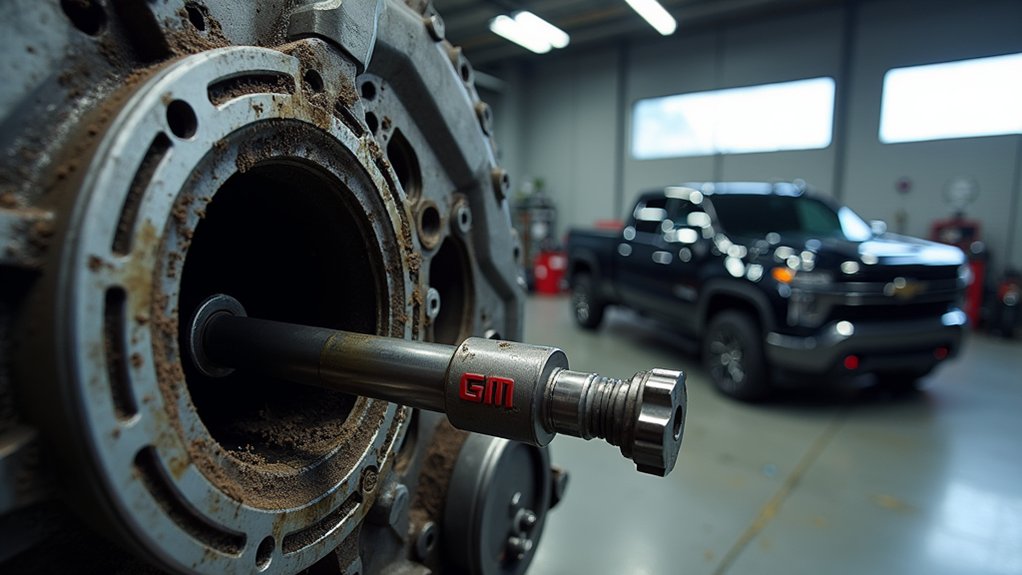While electric vehicles continue their ascent in the automotive marketplace, Ford Motor Company has issued a significant recall affecting multiple EV models due to potentially dangerous battery defects. The manufacturing flaws, primarily involving high voltage battery cells, can trigger internal short circuits that may lead to thermal venting and fires—even when vehicles are parked and powered off.
The recall encompasses several popular models across Ford’s electrified lineup, including 2020-2024 Ford Escape PHEVs, 2021-2024 Lincoln Corsair Grand Touring PHEVs, 2022-2024 F-150 Lightning trucks, and 2024-2025 E-Transit Chassis Cabs. Approximately 950 F-150 Lightnings and 457 E-Transit Chassis Cabs are affected, though these represent just a fraction of Ford’s total EV production. The manufacturing defect involves electrode misalignment during the battery production process. According to the recall notice, owners will receive formal notification by March 17 regarding the necessary next steps.
Technical analysis points to misaligned electrodes and assembly process deficiencies as root causes. The defects have already been linked to at least five vehicle fires involving F-150 Lightning models, with one reported injury. I’ve examined the failure mode, and it’s particularly concerning that these thermal events can occur without warning, leaving owners vulnerable.
Misaligned electrodes in battery cells create a ticking time bomb, with fires occurring without warning even in parked vehicles.
Ford has implemented a multi-tiered response strategy. Owners are advised to limit charging to 80% capacity or avoid charging altogether until repairs can be completed. If the vehicle displays a “Stop Safely Now” message, drivers should pull over immediately, though basic vehicle functions like steering and brakes remain operational. This recalls highlights the importance of predictive maintenance capabilities becoming standard in future EV charging infrastructure.
The remediation protocol includes Battery Energy Control Module software updates and complete battery replacements for vehicles with confirmed defective cells. All repairs will be performed at no cost to owners, with complementary pickup and delivery available through participating dealerships.
The NHTSA is overseeing these recalls under specific reference numbers, while various lawsuits allege the current remedies may be insufficient for long-term risk mitigation. Ford owners can verify if their vehicle is affected by contacting Ford customer service or checking their VIN through Ford’s recall portal. Given the severity of the potential hazard, prompt action is strongly recommended.









